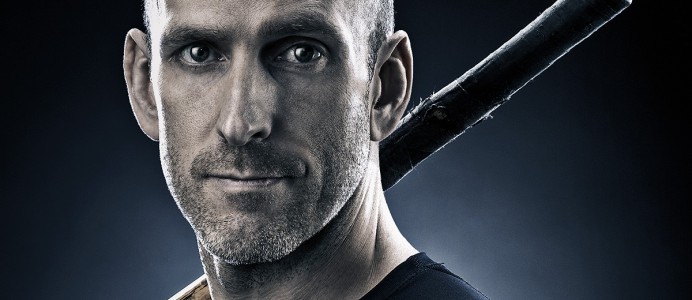An eclectic group makes up the classes at malestrøm. In addition to the variety of life stories, there are also a range of motivations that leads someone to take up sticks and learn the arts. The same is true of our instructors, and whatever their underlying reasons, they all fell in love with Pekiti-Tirsia Kali. They have stayed with the art for many years, some for decades and for significant portions of their lives. To continue our instructor’s blog series, Brett, asks the question of why we train:
What is the focus of your training?
I was probably actively training for 5-6 years, and had been off and on for more like 15, before I was introduced to the idea that why I train is fundamentally important to how I train. Seems kind of obvious I suppose, but it always appeared that most martial arts, and the schools and teachers, had it all covered: self-defense, fitness, self-discipline, fun, etc. The signs and ads always offered it all, so it seemed like a magic bullet – good for whatever you wanted it for.
It doesn’t really work that way though, and understanding that can really help you get the most of the training you do.
The various reasons why you might want to train a martial art have been broken out a number of different ways, but the one that I like most was adapted from Marc MacYoung’s list (in no particular order):
1) Self-defense
2) Combat
3) Professional use of force
4) Sport
5) Performance
6) Academic/cultural interest
All are valid reasons to train.
You can always get more fine-grained about it too, but I think most variations are well covered by this umbrella. Most people who train for any length of time probably dip into a few of these, but many that I know also have a strong favourite that really drives things for them. Knowing which is your primary interest is a very important thing – it’s well worth spending some time and figuring it out.
Why?
Because no matter how much we wish it, training for each focus does not overlap perfectly. The skills and attributes you develop are broadly similar, and in many places precisely the same, but not always, and the exceptions are just as important as the overlaps. Sometimes more so. The kind of instincts you build, the reflexes and muscle memory, the amount of time you can dedicate to really honing your skill set, the risks you take and challenges you set – all are massively affected by your particular focus, or at least should be.
Training the wrong way for the focus you actually want or need can mean a lot of wasted or under-utilized time, but can also potentially lead to more serious harm. Having the wrong training for the need at hand is not always within our control or choice, but it’s that mismatch between what you need and what you actually train that can lead to problems like someone getting badly hurt in a real self-defense situation, or seriously hurting, maiming, even killing someone without reasonable justification.
Most of the time having the wrong focus won’t lead you to real danger, but if you feel you are at risk then this is an important issue. A potentially false sense of security is far more dangerous than a less than optimal training outcome, but I think both are problems that we can and should avoid.
If you are serious about your martial arts, and particularly if you are concerned about legitimate self-defense or require use of force in your profession, then figuring out your focus and ensuring your training is on target would be some time well spent. It’s not really so much a matter of what you train, but rather how you train, and how you balance out the time you spend training. None of us has the time to do it all!
Something to think about. If you are looking for more information this subject is really well explored at the link above, and is certainly something you should feel free to discuss with your instructors and training partners.

